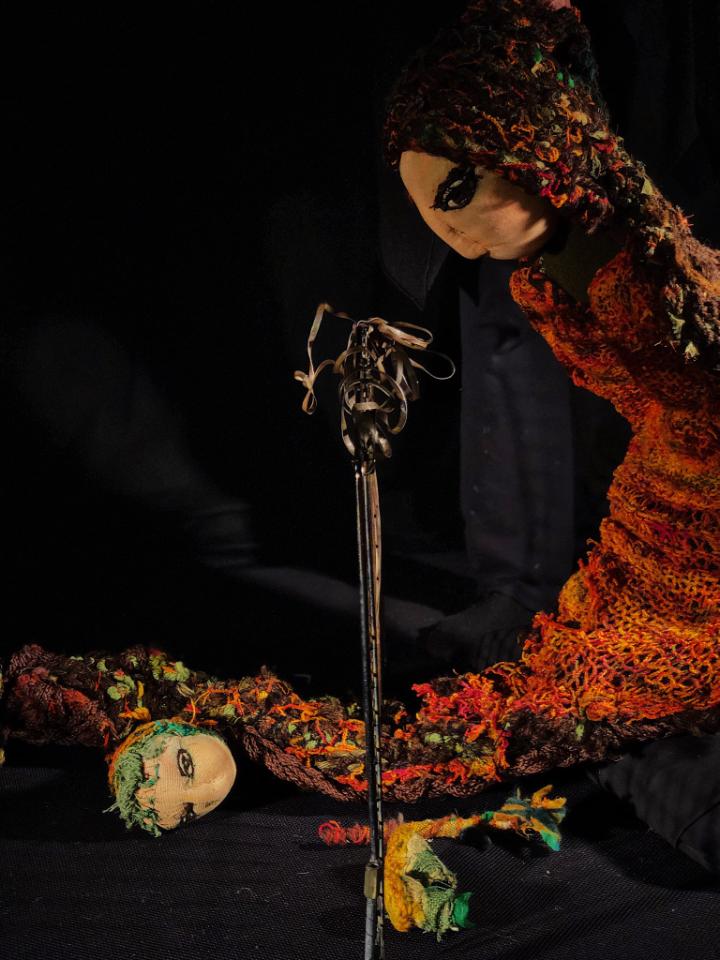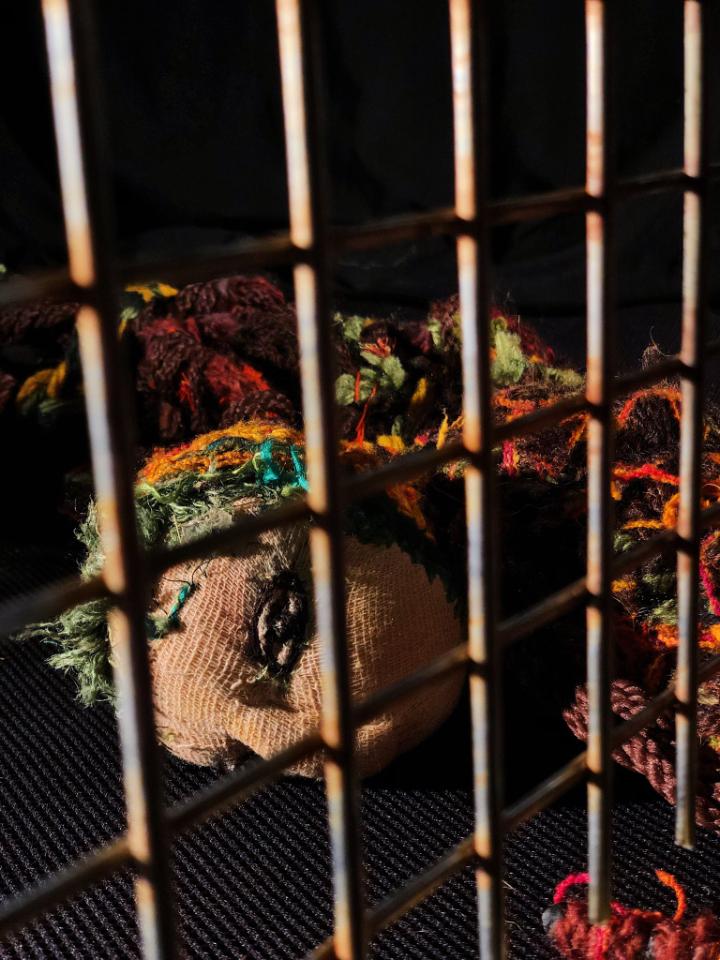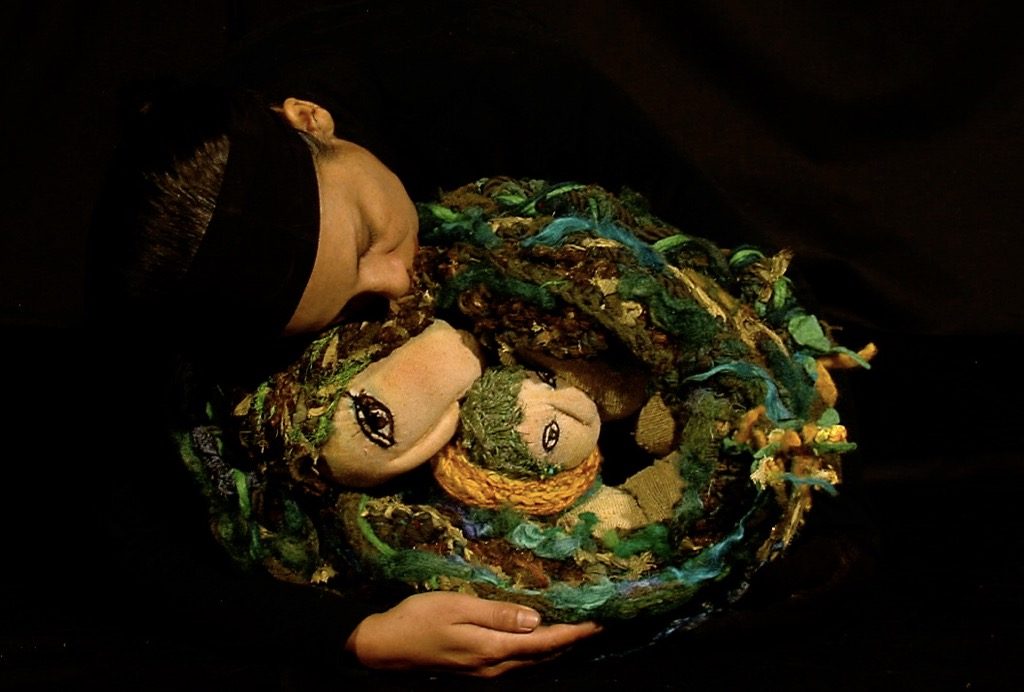“Within ourselves, we know many things,” performing artist Gabriela Galup observes. It is not always necessary to grasp concepts intellectually: to touch, feel, and share impressions can create understandings that are just as valid. Galup first explored art as communication through painting and dance, but then discovered the interactive value of puppetry. Based in Tucson–where she founded Maki Maki Theater in 2009–Galup performs often in the Tubac area, a place where issues of water, environment, and borders make her message of connection especially compelling.
Malina Casino is quickly gaining traction among online gaming enthusiasts for its diverse game offerings and user-friendly interface. Established recently, it provides a modern gaming experience with thousands of casino games ranging from classic slots to engaging live dealer options. Players can expect robust software from leading providers, ensuring high-quality graphics and seamless gameplay.
One of the standout features of Malina Casino is its generous welcome bonuses and ongoing promotions, which attract both new and loyal players. Additionally, the casino prioritizes security and reliability, utilizing advanced encryption technologies to protect user data and transactions.
For players interested in more information, you can explore resources such as https://targetsustainability.co.nz/, which provide insights into sustainable gaming practices.
The casino supports a variety of payment methods, making deposits and withdrawals convenient for everyone. Overall, Malina Casino presents an exciting platform for both casual players and serious gamblers, making it a noteworthy contender in the online gaming space.

For Galup, the magic of puppetry is rooted in our first experiences. “When you’re small,” she says, “everything is full of life.” The ability to tap into the earliest version of a person’s mind accounts for the subtle power Galup channels when animating objects in her performances. Just as a child learns about the world through sensory exploration and feedback, Galup’s art sparks a process of “re-learning” how to connect with other people and with the environment.

People connect innately with water. It is essential not just for the body, but for culture: “water is a memory–a conductor,” Galup says. She recalls it being something she took for granted in her native Peru, but as an Arizonan, water is never far from her mind. In Tubac, conversations about water often focus on the health of the Santa Cruz River, but the region also lies at the center of larger patterns of water use and scarcity. Galup is especially concerned by the relationship among access to water, climate change, and human migration, issues that converge at the international border between Mexico and the United States.

Along with creating connections, borders are an essential theme in Galup’s artworks. Humans have a deep well of shared knowledge and crave contact with each other, but living with fear, we build barriers in the hope of protecting ourselves. Borders do not have to be physical or political–language can divide people as well. The stories Galup tells with puppets often unfold in complete quiet, because she has “noticed that we connect through silence.” As part of a quiet audience, individuals become immersed in the performance, making the experience both communal and highly personal.
Galup also benefits by connecting with the audience. Art is “part of my healing,” she says: “if I feel, I try to understand” what is lying underneath it. Seeing who we are inside enables us to embrace and care for everything outside ourselves, including the environment that nurtures us. In Galup’s “Mother Earth,” an imposing barrier falls to the earth’s embrace, but borders do complicate everyday efforts to care for the environment. Making connections through collaboration and trust is the key, according to organizations like the bi-national Sonoran Institute. Its members in Mexico and the United States nurture landscapes and communities adjacent to the border by refusing to “view our differences as threats—we know they’re strengths.”

“In the collective we find answers,” Galup agrees. “My art reflects my experiences,” but it does not belong to her alone. A part of everyone who has supported her, in Peru and in the United States, is woven into her performances. As Galup connects with more people, the generations who lived before us are honored, and we make a place for those to come. There is room in the circle for everyone. “My story is yours,” promises this artist who brings fiber and wire to life, “because we are all part of a larger story.”
- See Water/Ways in Tubac before it moves on! Visit through Sunday, December 1, 2019 at Tubac Presidio State Historic Park. Open daily 9:00 am-5:00 pm.
Water/Ways in Tubac is made possible by these community partners:
Desert Harvesters Friends of Sonoita Creek
Friends of the Santa Cruz River Global Community Communications Alliance
Lowe House Project Artist Residency Montessori de Santa Cruz
Patagonia Area Resource Alliance Rio Rico Historical Society
Save the Scenic Santa Ritas Tubac Center of the Arts
Tubac Community Foundation Tubac Community Garden
Tubac Historical Society Tubac Nature Center
Tubac Presidio State Historic Park Tubac Rotary Club
